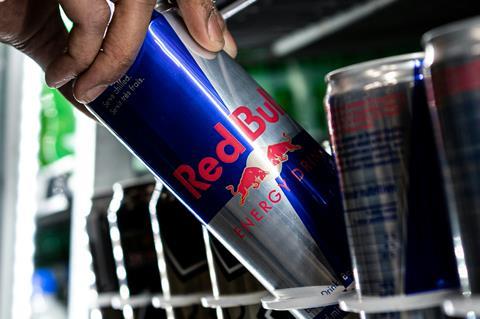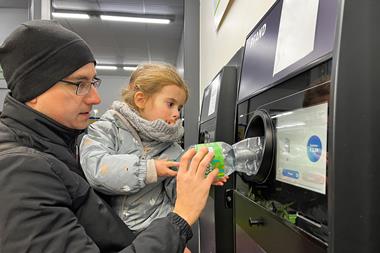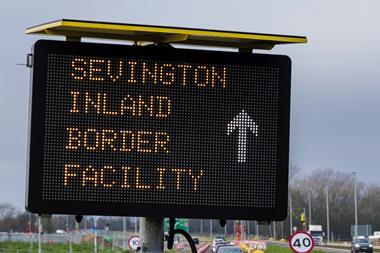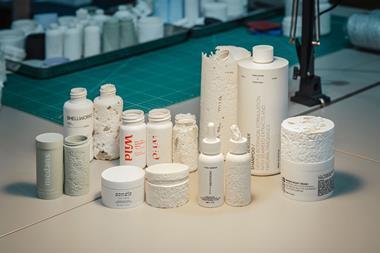
The government has launched a consultation on a move to ban the sale of energy drinks to under-16s, seven years since the measures were first proposed by then prime minister Theresa May.
Health secretary Wes Streeting claimed the move could prevent obesity in up to 40,000 children and was part of Labour’s overriding aim to shift public health policy from treatment to prevention.
Sajid Javid ditched the ban in 2019, claiming the proposals put forward by his predecessor Matt Hancock were “nanny state”.
The vast majority of supermarkets voluntarily stopped selling energy drinks to under-16s in 2018.
However, the government said some smaller convenience stores continued selling to kids, highlighting the need for a consistent approach that protected children and was fairer for industry.
It said there was clear evidence linking the drinks to negative impacts on children’s physical and mental health, sleep quality and educational outcomes.
Last year, a review of data published in the journal Public Health claimed energy drink consumption had links to suicidal thoughts, psychological distress and many other symptoms among children.
Researchers from Fuse, the Centre for Translational Research in Public Health, based at Teesside University and Newcastle University, trawled through data from 57 studies of over 1.2 million children and young people from more than 21 different countries.
They found energy drink consumption was more common among boys than girls, and was also associated with increased risky behaviours such as substance use, violence and unsafe sex.
Announcing a 12-week consultation on its proposed ban, Labour said evidence showed around 100,000 children consumed at least one high-caffeine energy drink every day.
“How can we expect children to do well at school if they have the equivalent of a double espresso in their system on a daily basis?,” Streeting said.
“Energy drinks might seem harmless, but the sleep, concentration and wellbeing of today’s kids are all being impacted, while high-sugar versions damage their teeth and contribute to obesity.
“As part of our Plan for Change and shift from treatment to prevention, we’re acting on the concerns of parents and teachers and tackling the root causes of poor health and educational attainment head-on.
“By preventing shops from selling these drinks to kids, we’re helping build the foundations for healthier and happier generations to come.”
Campaign group approval
The move was strongly welcomed by heath campaign groups.
Katharine Jenner, director of the Obesity Health Alliance, said: “High-caffeine energy drinks have no place in children’s hands.
“We fully support the government’s proposal to ban sales of high-caffeine energy drinks to under-16s. This is a common-sense, evidence-based step to protect children’s physical, mental and dental health.
“Age-of-sale policies like this have a proven record of reducing access to products that are not suitable for children, and will help create an environment that supports healthier choices for future generations.”
Dr Kawther Hashem, head of research and impact at Action on Sugar, said: “We strongly welcome the government’s consultation. These drinks are unnecessary, harmful, and should never have been so easily available to children.
“The free sugars in these products increase the risk of obesity, type 2 diabetes, and tooth decay, while the high caffeine content can harm young people’s mental health and wellbeing. By ensuring the ban applies across vending machines and convenience stores, the government has the chance to close loopholes and make this policy effective.”
BSDA director general Gavin Partington responded: “Our members have led the way in self regulation through our long-standing energy drinks code of practice.
“Our members do not market or promote the sale of energy drinks to under-16s and label all high-caffeine beverages as ‘not recommended for children’, in line with and in the spirit of this code. As with all government policy, it’s essential that any forthcoming regulation is based on a rigorous assessment of the evidence that’s available.”



















No comments yet